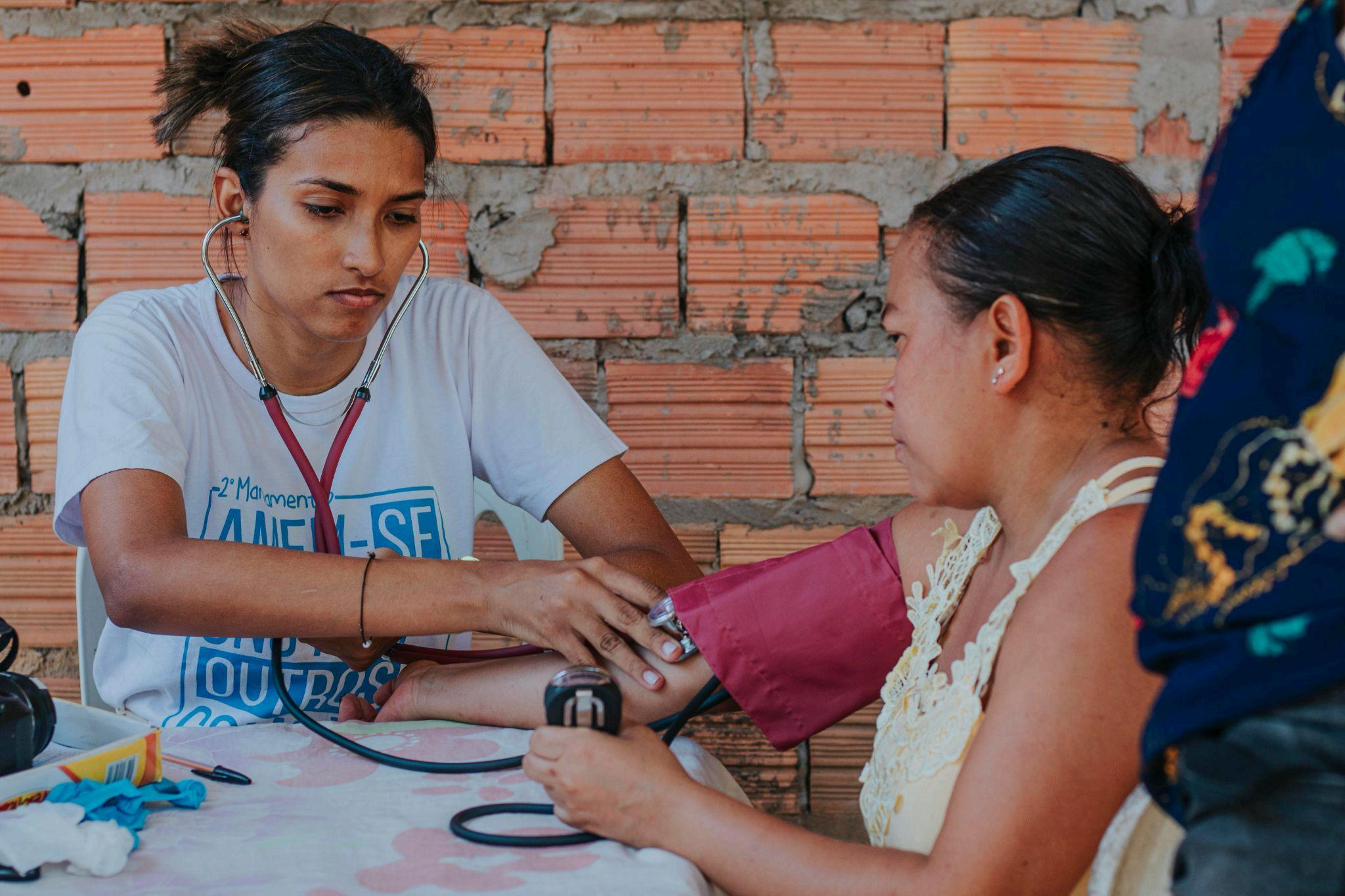ElenaRosario:OvercomingHealth
InequitiesinEconomically DisadvantagedAreas

In many economically disadvantaged communities, public health struggles are deeply entrenchedandmultifaceted Peopleintheseareasfaceacombinationoflimitedaccess to healthcare, poor livingconditions,andalackofresources,whichtogethercontribute to persistent health disparities. The challenges these communities face are often overlooked, yet theyremainsignificantbarrierstoachievinghealthequity,asdefinedby ElenaRosario.
Accesstohealthcareisoneofthemostpressingconcernsinlow-incomeneighborhoods Many individuals lack health insurance or face financial barriers that make it difficultto seek medical care. As a result, preventable conditions such as diabetes, hypertension, andmentalhealthissuesoftengountreated,leadingtomoreseverehealthcomplications
overtime.Peopleintheseareasmayrelyonemergencyroomsforcare,whichisnotonly costlybutalsolesseffectiveinmanaginglong-termhealthproblems.
Poornutritionandlimitedaccesstohealthyfoodoptionsexacerbatehealthissues.Many low-income communities aresurroundedbyfooddeserts,wheregrocerystoresoffering fresh produce are scarce. Instead, residents may rely on fast food or processed foods that are unhealthy and contribute to rising rates of obesity and heart disease. Without affordable options for nutritious meals, many families struggle tomakehealthychoices, ultimatelyaffectingtheiroverallhealth.
The environmental conditions in these areas also contribute significantly to health problems. Pollution, inadequatesanitation,andpoorhousingarecommoninlow-income neighborhoods, creating a range of physical and mental health issues. Exposure to contaminants such as lead, mold, and poor air quality can lead to respiratorydiseases, developmental problems in children, and other long-term health issues These environmental factors can make it even more challenging for residents to lead healthy, productivelives.
Socialandeconomicfactorsalsosignificantlyimpacthealth.Unemployment,lowwages, and a lack of educational opportunities create stress and limit access to necessary resources Without stable housing, reliable jobs, or social support systems, people are lesslikelytoengageinhealthybehaviorsorseekoutpreventivecare.Thiscycleofstress and disadvantage perpetuates health inequities, making it harder to break free from poverty
Addressing these public health challenges requires a comprehensive approach. Improvinghealthcareaccess,investinginnutritioneducation,andtacklingenvironmental hazardsarecriticalstepstowardfosteringhealthiercommunities.Byaddressingtheroot causesofhealthdisparities,wecancreatelastingchangeandensurethatallindividuals, regardlessofincome,havetheopportunitytolivehealthylives
